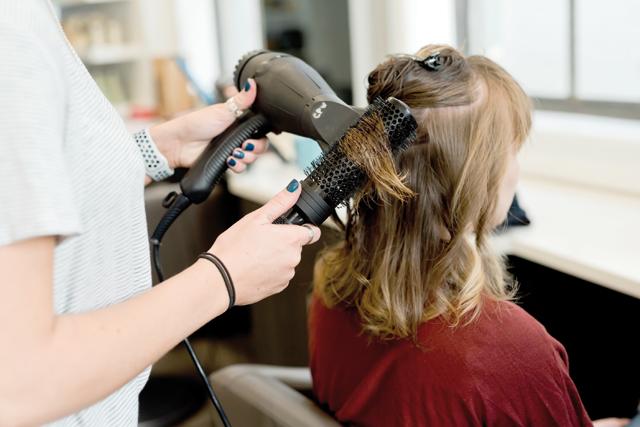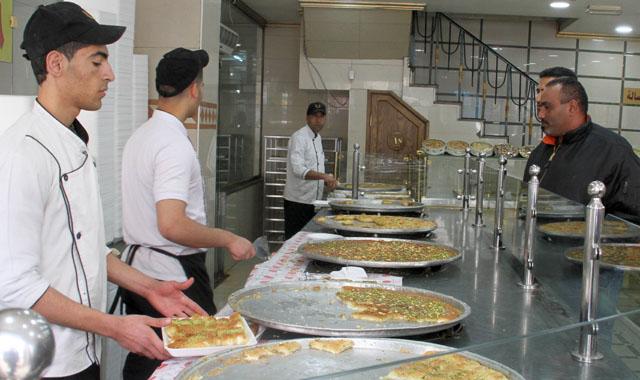You are here
Beauty industry faces social security gap — report
By Maria Weldali - Mar 25,2021 - Last updated at Mar 25,2021
AMMAN — Among the primary problems facing Jordan’s beauty salon sector is the low social security coverage of employees, according to the Jordan Labour Watch.
A Labour Watch report, which was released on Tuesday, revealed a set of violations of the rights of workers in the Kingdom’s beauty salons, resulting from weak social protection, the lack of official and trade union censorship and accountability, in addition to the absence of legal awareness in relation to the educational material of the beauty industry.
In remarks to The Jordan Times on Wednesday, President of the General Syndicate for Beauty Parlour Owners Eyad Samara said: “There are many violations in the sector, but there is little the syndicate could do, particularly with having no competence.”
The entity that is with broader validity is the Labour Ministry, he added.
The report recommended the necessity of reorganising Jordan’s beauty salon sector, with the aim to reduce violations against sector workers and to ensure the implementation of occupational health and safety measures.
Furthermore, Samara pointed out that no less than 15 per cent of the Kingdom’s beauty salons have closed permanently since the beginning of the pandemic.
Most people working in the beauty salon sector are not covered by social security and health insurance, according to Samara who noted that “the 7.5 percentage the employees need to pay out of their monthly earnings in order to be covered by social security, is among the reasons why only 20 per cent of the sector’s employees are enrolled in the social security.”
Adding that many sector employees opt out of social security, so that no amount of money would be deducted from their salaries.
“Many sector workers have been dismissed, due to the recurrent total lockdowns and the prohibition of wedding ceremonies and any other occasions,” according to the report.
Last year there were 12,000 beauty salons in the Kingdom, which employed 60,000 workers, Samara added.
“The ones who were truly affected were the employers, because they are not big investors, but professionals who have their own business and now with the difficult economic situation, are struggling to stay afloat,” Samara said, adding that beauty salon sector employers do not have adequate fiscal liquidity.
The report also called for an urgent response and strict actions that would promote the inclusion of beauty salon workers in social security.
The employment relations between the employers and employees are “undefined”, and in many cases there is an absence of formal and legal contracts, in addition to not applying operational standards, according to the report.
“The training curricula in beauty academies are not secured by occupational health and safety standards, as well as legal literacy,” the report added.
Related Articles
AMMAN — A collective agreement was signed on Thursday between the Beauty Salons Owners’ Association and the Freelancers and Services Workers
AMMAN — The Beauty Salon Owners’ Association and the Self-employed and Service Workers’ Association have finalised an agreement to improve t
The Social Security Corporation (SSC) will soon launch the second phase of its awareness campaign to expand insurance coverage for workers in restaurants and sweets shops, according to an official.


















